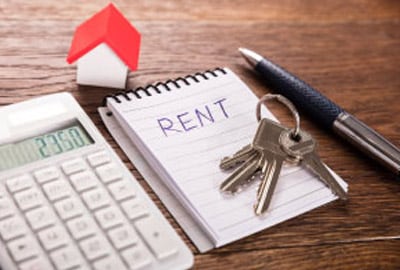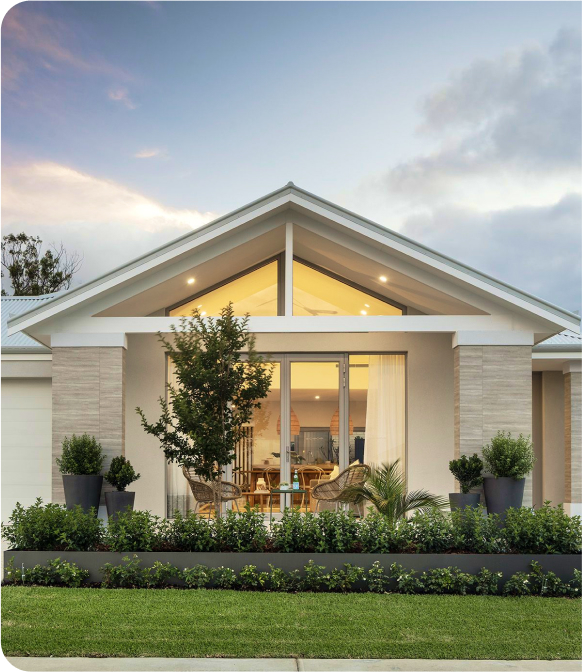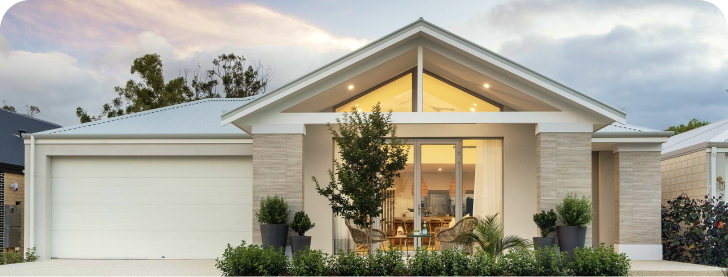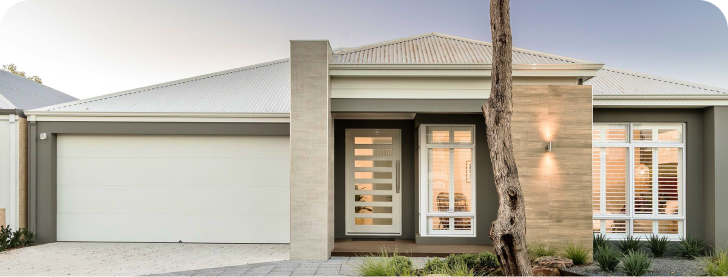
For many Americans, an accessory dwelling unit (ADU) has significantly changed the way they live. Both owners and dwellers understand what a huge role their living space plays in their lives. And if for the tenants it is much more obvious (they receive affordable housing of great condition), for property owners it is a bit more complicated. At first, they have to invest their money into building an ADU, then find a reliable general contractor that will be reliable and create this ADU, and then find tenants.
However, another important step in this process is the city's regulations. The building has to follow the rules before it is built and during the maintenance period so you could be allowed to get rental income. And for short-term rentals, it may be difficult to figure out specific laws.
To find out more about various regulations, limits, restrictions, and code compliance concerning short-term rental (STR) property, continue reading this article.
Zoning regulations concerning short-term rental units should tell the owner and the tenant everything about the usage of land in the period of the rent. You personally, as a landlord, can impose certain laws on your tenants. For example, you can state how big your fees will be, how many people can fit in the same individual dwelling unit, or who is accountable for maintenance.
However, some rules imposed by the local government also play a role in shaping your business. It must be clearly stated in the law how many units a lot can fit, what number of parking lots a rental unit should have, or how much noise at night is appropriate.
By carefully following the laws of government and introducing your own rules of usage, you will be able to keep your business afloat and find reliable tenants.
So, you have decided to start your own renting business. But what to start with? There are many options for it, but the most essential one is getting the permit. Let us guide you through this matter.
The process can look like this:
By carefully following these steps, you will be able to get your granny flat approved. Remember to check beforehand whether your residential unit fits the rules for short-term rentals.
To ensure safety and comfort for all the dwellers of the residential neighborhoods, the local governments have imposed rules concerning occupancy limits and guest restrictions. They are different for every city, but the principle of their work is clear. We would like to give you a quick look at these vital elements of short-term rental regulations.
As you can tell from the name, this rule underlines the number of tenants able to live in a unit according to the short-term rental registration. This solves a couple of problems at the same time. The low number of tenants will not damage your property, and they will keep safety standards in your secondary unit. To install the limit, people in charge consider the square footage of your property, so pay attention to it when you will plan your income from short-term rental for the year.
Another thing that the short-term rental permit includes is the number of guests. For sure, it would be harmful to the neighborhood to have an excessive number of guests having a party or staying for a period of time in your accessory dwelling units. Accessory dwelling units are an important part of the economy of every city or state, but it is vital to maintain a good quality of life for all the people living nearby.
The most exciting part of the month or calendar year for all short-term rental hosts is the tax and revenue collection. For the most part, the short-term rental operator can collect the local taxes from their tenants which include a variety of these taxes like transient occupancy tax or lodging taxes. If it is done in person, you also have to keep track of the money you have collected using simple tools like a notebook.
However, the property owner can also take advantage of different platforms that would automatize the tax collection of vacation rentals. For example, many owners of residential units use Airbnb which has mechanisms for tax collection.
Despite the fact that it is much more logical to take care of the health of long-term rentals rather than short-term rentals, dangerous situations can also occur to them. To avoid this, it is essential that every property owner take some extra measures, apart from annual renewal, into consideration.
The key considerations concerning safety and health regulations are the following:
By keeping these elements at a good level, you will be able to achieve vacation rentals that would not harm any of your tenants.
Another key element of maintaining good relationships between tenants, landlords, and the neighborhood is noise levels. As high noise levels can damage the hearing of everyone around, it is important that you write in the short-term rental ordinance about appropriate noise levels throughout the day. Moreover, at night you have to install quiet hours and also state it in the short-term rental permits.
In case nuisances appear, be it noise or any other issue, rental rules should clearly tell who is liable for solving the conflict, the tenant or the landlord. Moreover, you should state the system of penalties. Normally it should be paid in 5 consecutive days or less, so also write it in the contract.
The insurance of short-term rentals is the main step toward keeping your income safe. In case of any inconvenience, you will be able to compensate for the costs from the insurance. Many homeowners already possess the insurance for their entire property, but it is vital to check whether it covers the ADU too.
Also, you have to find out about insurance specific to the short-term rental program. It should include the punishment for theft, damage, or lost income, which occurs often with short-term rental property. Don't forget to include the guest insurance on the list, as they will probably visit the single-family dwelling often.
To follow the city's municipal code, it is important to know what they have written there. Next, you should check the building codes that fit your unit and can be applied to your property. This usually includes issues like structural safety, emergency exit routes, and occupancy limits. By implementing this into the home sharing ordinance, you will be able to avoid most of the dangerous situations that may occur with your unit as a short-term rental.
Another moment that cannot be overlooked in the context of residential property is fire safety measures. In any city, there are certain regulations that you should keep in mind. In short, they include the implementation of smoke detectors, fire alarms, and the presence of fire extinguishers.
Enforcement of local regulations for short-term rental properties
An essential step in creating a business in short-term rentals is the enforcement of local regulations. To introduce the presence of certain laws working in your unit, you have to familiarize yourself with these regulations working in your area. Thanks to the educational work provided by local authorities, it is much easier nowadays.
Also, keep your documentation in good condition. Local authorities adore asking for certain papers and inspecting them. Keep every small business certificate in your primary dwelling in a secured place, so you could show it when needed.
Overall, be responsive and ready to communicate. The enforcement of regulations concerning single-family homes will become as easy as pie for you.

However, non-compliance with local regulations may lead to penalties and fines from the government. Also, the city manager may introduce special restrictions concerning your short-term rentals.
The regular fines may include:
Also, you shouldn't forget about the reputational risks and damage that such behavior carries. All this will significantly harm your business, so keep in mind laws and regulations to get a home sharing permit.
After you have completed the registration form, the modern world of the rental business is open to you. Using a hosting platform, you can make your own page and state the unit number you rent out, the location of it (i.g. coastal zone), or the remoteness of a primary residence. Also, you can add your units to online listings or create separate listings for easier access of the customers to your goods and services.
You can write in any info you consider necessary. For example, you can add emergency contact information, local contact person, or recreational vehicles available to the tenants. Or how fast the owner can occupy the lot in case of an emergency. Don't forget to include terms and conditions of usage of your unit!
First, to build an ADU it is vital to have a primary residence on the same lot. Also, you should be the owner of the entire home. Moreover, every state has a different approach to regulations, but they underline the remoteness of your primary residence from an ADU. To check the exact number, you should talk to the local people in charge.











